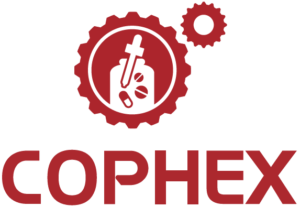Experience and innovation for health
Engineering, customised automation and industrial process management. LAST Technology is a global leader in the design and production of custom-made washing, disinfection, sterilization, drying, depyrogenation and decontamination equipment for the pharmaceutical industry. We have been operating for over a decade with our experience, research and know-how in the field of industrial engineering.
Our integrated design takes all technological and regulatory aspects into account, considering the entire life cycle of the product, from prototype to validation.
INTEGRATED SOLUTIONS
ADVANCED TECHNOLOGIES
MULTI-PROCESS MACHINES
SUSTAINABILITY PRINCIPLES
We design and build washing, disinfection, sterilization, drying, depyrogenation and decontamination machines tailored to the specific needs of each client.
WASHING AND DISINFECTION
Automatic static cleaning and disinfection processes.



STERILIZATION
Static sterilization processes with chemicals, moist heat and dry heat.

COMBINED PROCESSES
Combined processes, energy savings, compact dimensions and low investment costs.
Discover more
CLEAN STEAM GENERATION
Steam generated through electric heating elements or industrial steam.
Discover moreWe measure our success by your satisfaction.
For a more sustainable future: LAST Technology’s ESG strategy
LAST Technology combines business growth with a responsible entrepreneurial culture inspired by the United Nations SDGs, structured into six clusters to promote a more sustainable future.
LAST Technology proudly shares its innovations worldwide and welcomes every chance to meet you and talk about customised processing equipment solutions.
We’re looking forward to seeing you at our stand!






















